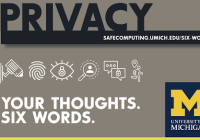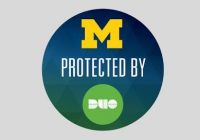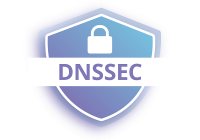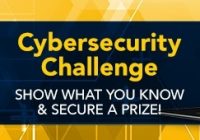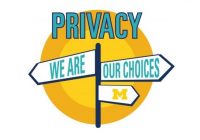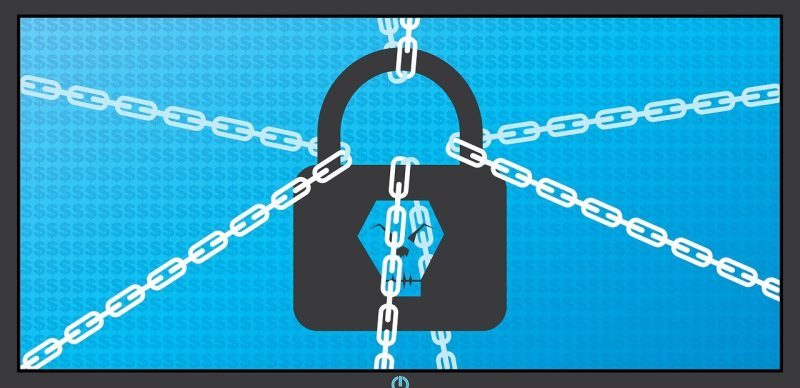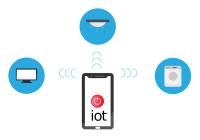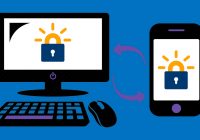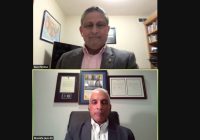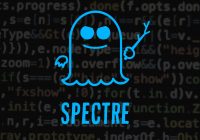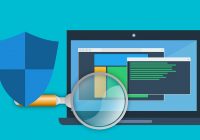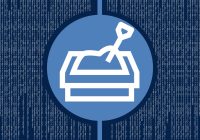Category Archives: Safe Computing
U-M professor appointed to FDA medical device security post
There’s a good chance that your life will at some point depend on a piece of computer software. Lines of code drive pacemakers, insulin pumps, hospital imaging machines and just about every other electronic medical device that’s manufactured today. But where there’s software, there are hackers. And a steady stream of hospital ransomware attacks and other malicious activities… Read More »
Six Words About Privacy in EDUCAUSE Review
Svetla Sytch, assistant director of privacy and IT policy, described some of ITS Information Assurance’s privacy engagement efforts in a January 28 EDUCAUSE Review blog post: Data Privacy Day 2021 Outreach: Six Words about Privacy. In the blog post, Sytch explained that Six Words About Privacy at U-M came about through conversations with the chief information security officers… Read More »
CrowdStrike Falcon deployment in the homestretch
History of privacy timeline on Safe Computing
Tax fraud prevention tips
Beware! It’s that time of the year again! As you read this, criminals, fraudsters, and identity thieves could be working to file fraudulent tax returns in your name and steal your tax refund. ITS Information Assurance (IA) offers the following tips to help you protect yourself from identity theft and tax fraud: File your taxes as soon as… Read More »
Protect your U-M VPN connection with Duo
Securely dispose of your old tech
If you are adding or upgrading to new tech devices, you might have old ones that you, or U-M unit, are ready to dispose of. Old disks, flash drives, smartphones, and computers can all contain personal data, and in some cases, U-M data if you used those devices for work. Keep that data from falling into the wrong… Read More »
ITS making improvements with DNS Security Extensions
Cybersecurity Challenge: Students pass pop quiz to win prizes
Cybersecurity is everyone’s responsibility at U-M—faculty, staff, and students. For more than 15 years, ITS Information Assurance (IA) has invited UM-Ann Arbor students, including medical students, to take an online quiz to raise awareness about IT security issues and promote best practices during National Cybersecurity Awareness Month. Over the last few years, this cybersecurity challenge has expanded to… Read More »
Renew extended support if you are still running Windows 7 or Server 2008
If you purchased extended support for university machines running Windows 7 or Server 2008 in January 2020, be aware that the support is about to expire. You will need to update the machines to a supported version of Windows or Windows Server, purchase another year of extended support, decommission the machines, or isolate them on a protected network.
Plan to explore privacy in January
Units moving forward on enhanced endpoint protection implementation
In October we reported that, along with other security tools like Virtru at U-M, CrowdStrike Falcon was being rolled out across the university on UM-owned machines. Falcon provides antivirus, anti-malware, and threat detection and mitigation capabilities, all of which offer stronger protection against ransomware and other malicious attacks than previous tools. Deployment update CrowdStrike Falcon has been deployed… Read More »
New IoT devices for the holidays? Mind your privacy & security!
Internet of things (IoT) devices can be great gifts, but those smart home speakers, thermostats, and cool wearables like watches and fitness trackers come with some security and privacy risks. To protect yourself and your personal data, follow these tips: Privacy Mute your smart speaker when not using it. Disable features you don’t use. Choose privacy settings for… Read More »
After five years, Let’s Encrypt, a non-profit based on tech developed at Michigan, has helped to secure the internet
Just five years ago, most websites relied on unencrypted HTTP, the aging and inherently insecure protocol that provides no protection to sites or visitors from threats that range from surveillance through phishing and identity theft. Today, the internet is a much more secure place, with over 80% of websites protected by HTTPS secure encryption. That dramatic transformation –… Read More »
Cybersecurity experts discuss election, research security
Almost a month after Election Day, experts discussed the threats to election security and cybersecurity and its role within the University of Michigan community in the second installment of the Trotter Distinguished Leadership Series. Javed Ali, former senior director for counterterrorism at the National Security Council, discussed the connections between technology and election security. Ali said the shift towards paper… Read More »
Major side-channel discovery wins NSA contest
The National Security Agency recently recognized a major breakthrough in the field of side-channel attacks as the winner of the 2020 Best Scientific Cybersecurity Paper competition. Daniel Genkin, assistant professor of electrical engineering and computer science, worked on the paper with collaborators from around the world. The winning paper, describing an exploit called Spectre, broke open a new… Read More »
Shop online safely
As the holidays approach and the pandemic continues, you are highly likely to be doing more online shopping. Protect yourself from scams and data theft with these tips from ITS Information Assurance. Shop with trustworthy sites and sellers. Stick to businesses you know and trust, and compare descriptions and prices from multiple sellers to help spot scams. Be… Read More »
Support for Sophos Antivirus on UM-owned machines to end December 2020
Support for Sophos Antivirus installed on U-M machines will end on December 31, 2020. Enhanced Endpoint Protection powered by CrowdStrike replaces Sophos. The Sophos product will continue to work, but will not be updated, and quickly will become deprecated. If you are responsible for managing university Macs, please ensure that you transition them to CrowdStrike Falcon for endpoint… Read More »
New tool automates popular system security technique
Working with researchers from the University of Texas at Austin, Xinyu Wang, assistant professor of electrical engineering and computer science, co-authored an award-winning paper that demonstrates how to automatically build sandboxing policies to keep a computer system safe. Sandboxing is a software management strategy that isolates applications from critical system resources and other programs. One common sandbox approach… Read More »



